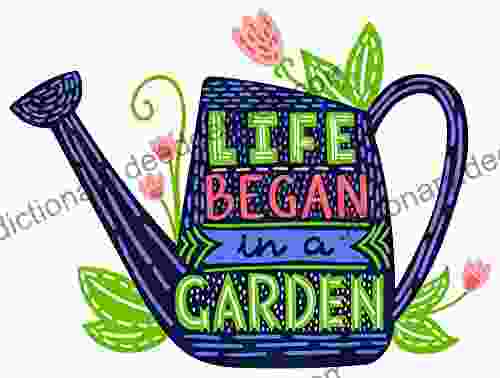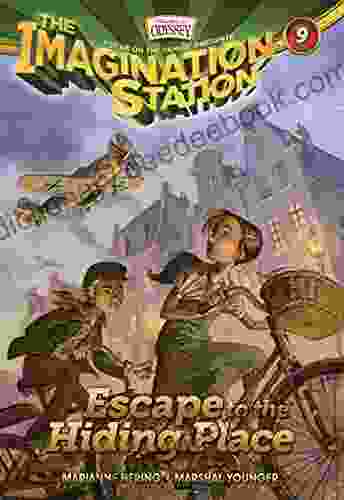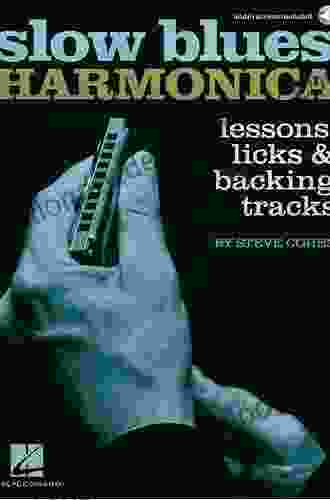Numerology, Horoscope, Astrology, Zodiac: Destiny, Science, and Metaphysics in 2022

4 out of 5
| Language | : | English |
| File size | : | 376 KB |
| Text-to-Speech | : | Enabled |
| Screen Reader | : | Supported |
| Enhanced typesetting | : | Enabled |
| Print length | : | 43 pages |
| Lending | : | Enabled |
Numerology, horoscope, astrology, and zodiac are all ancient practices that have been used for centuries to understand human behavior and predict future events. In recent years, there has been a renewed interest in these practices, as people seek to find meaning and guidance in their lives.
In this article, we will explore the history and principles of numerology, horoscope, astrology, and zodiac. We will also discuss the scientific evidence for and against these practices, and we will conclude by considering their potential impact on our lives.
Numerology
Numerology is the study of the numerical value of letters and names. It is based on the belief that numbers have a spiritual significance and that they can be used to understand human personality and destiny.
The origins of numerology can be traced back to ancient Greece, where Pythagoras developed a system of numerology that was based on the idea that the universe is governed by mathematical principles. Pythagoras believed that each number has a specific meaning and that the numbers in a person's name and birth date can reveal their personality and life path.
Numerology is still practiced today, and there are many different schools of thought on how to interpret numbers. Some numerologists believe that the numbers in a person's name are more important than the numbers in their birth date, while others believe that the opposite is true. There is no scientific evidence to support the claims of numerology, but many people find it to be a helpful tool for self-understanding and guidance.
Horoscope
A horoscope is a chart that is used to predict future events based on the positions of the stars and planets at the time of a person's birth. Horoscopes are often used to make predictions about a person's love life, career, and health.
The origins of horoscopes can be traced back to ancient Babylon, where astrologers used the positions of the stars and planets to predict the future of kings and other important figures. Horoscopes became popular in the West during the Middle Ages, and they are still widely used today.
There is no scientific evidence to support the claims of horoscopes. However, many people find them to be a fun and harmless way to learn about their future.
Astrology
Astrology is the study of the influence of the stars and planets on human affairs. Astrologers believe that the positions of the stars and planets at the time of a person's birth can affect their personality, health, and destiny.
The origins of astrology can be traced back to ancient Mesopotamia, where astrologers used the positions of the stars and planets to predict the future of nations and empires. Astrology became popular in the West during the Hellenistic period, and it is still widely practiced today.
There is no scientific evidence to support the claims of astrology. However, many people find it to be a helpful tool for understanding themselves and their place in the universe.
Zodiac
The zodiac is a belt of 12 constellations that is located along the ecliptic, the path of the Sun across the sky. The zodiac is divided into 12 signs, each of which is associated with a different element, quality, and planet.
The origins of the zodiac can be traced back to ancient Babylon, where astrologers used the positions of the stars and planets to create a calendar. The zodiac was adopted by the Greeks and Romans, and it is still used today in astrology and other forms of divination.
The zodiac is not a scientific concept. However, it is a powerful symbol that has been used for centuries to represent the different aspects of human nature.
Destiny, Science, and Metaphysics
Numerology, horoscope, astrology, and zodiac are all practices that attempt to understand human destiny. While there is no scientific evidence to support the claims of these practices, many people find them to be helpful tools for self-understanding and guidance.
Science is the study of the natural world. Science is based on the observation of facts and the development of theories to explain those facts. Science has been very successful in explaining the physical world, but it has not been as successful in explaining the human world.
Metaphysics is the study of the nature of reality. Metaphysics is concerned with questions such as: What is the nature of being? What is the relationship between mind and body? What is the meaning of life? Metaphysics is a difficult subject, but it is one that has fascinated philosophers and scientists for centuries.
Numerology, horoscope, astrology, and zodiac are all metaphysical practices. They attempt to answer questions about human destiny and the nature of reality. While there is no scientific evidence to support the claims of these practices, they can still be valuable tools for self-understanding and guidance.
Numerology, horoscope, astrology, and zodiac are all ancient practices that have been used for centuries to understand human behavior and predict future events. While there is no scientific evidence to support the claims of these practices, many people find them to be helpful tools for self-understanding and guidance.
Ultimately, the value of numerology, horoscope, astrology, and zodiac lies in the individual's belief in their power. If you believe that these practices can help you to understand yourself and your place in the universe, then they may be of benefit to you. However, if you are skeptical of these practices, then you may want to look elsewhere for guidance.
4 out of 5
| Language | : | English |
| File size | : | 376 KB |
| Text-to-Speech | : | Enabled |
| Screen Reader | : | Supported |
| Enhanced typesetting | : | Enabled |
| Print length | : | 43 pages |
| Lending | : | Enabled |
Do you want to contribute by writing guest posts on this blog?
Please contact us and send us a resume of previous articles that you have written.
 Book
Book Chapter
Chapter Reader
Reader Paperback
Paperback E-book
E-book Newspaper
Newspaper Paragraph
Paragraph Sentence
Sentence Bibliography
Bibliography Foreword
Foreword Preface
Preface Annotation
Annotation Footnote
Footnote Manuscript
Manuscript Codex
Codex Tome
Tome Bestseller
Bestseller Classics
Classics Library card
Library card Biography
Biography Autobiography
Autobiography Reference
Reference Encyclopedia
Encyclopedia Dictionary
Dictionary Thesaurus
Thesaurus Narrator
Narrator Character
Character Resolution
Resolution Card Catalog
Card Catalog Stacks
Stacks Periodicals
Periodicals Research
Research Scholarly
Scholarly Academic
Academic Reading Room
Reading Room Rare Books
Rare Books Special Collections
Special Collections Study Group
Study Group Thesis
Thesis Storytelling
Storytelling Marjory Harris
Marjory Harris Frank Snepp
Frank Snepp Alexander Bentley
Alexander Bentley Stan Sakai
Stan Sakai Zachary Lazar
Zachary Lazar Gary Metcalfe
Gary Metcalfe Chip Huyen
Chip Huyen Graham Seal
Graham Seal Andrew James
Andrew James Philip Glass
Philip Glass Caroline Stevermer
Caroline Stevermer Todd Stanley
Todd Stanley Herbert Lin
Herbert Lin Hugh Cornwell
Hugh Cornwell Pam Baren Kaplan
Pam Baren Kaplan Jerry Griffin Ii
Jerry Griffin Ii Derek Graham
Derek Graham Franz Liszt
Franz Liszt Ricky L Jones
Ricky L Jones Kai Althoetmar
Kai Althoetmar
Light bulbAdvertise smarter! Our strategic ad space ensures maximum exposure. Reserve your spot today!
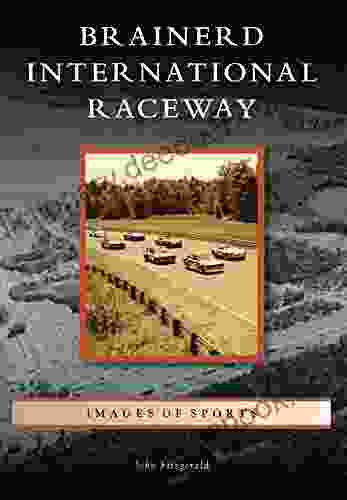
 Emmett MitchellBrainerd International Raceway: A Picturesque Journey Through Motorsport...
Emmett MitchellBrainerd International Raceway: A Picturesque Journey Through Motorsport... Brent FosterFollow ·5.8k
Brent FosterFollow ·5.8k Wayne CarterFollow ·12.2k
Wayne CarterFollow ·12.2k Xavier BellFollow ·11.1k
Xavier BellFollow ·11.1k Caleb LongFollow ·11.6k
Caleb LongFollow ·11.6k Douglas PowellFollow ·5.5k
Douglas PowellFollow ·5.5k Phil FosterFollow ·3.5k
Phil FosterFollow ·3.5k Everett BellFollow ·10.2k
Everett BellFollow ·10.2k Greg FosterFollow ·15.9k
Greg FosterFollow ·15.9k
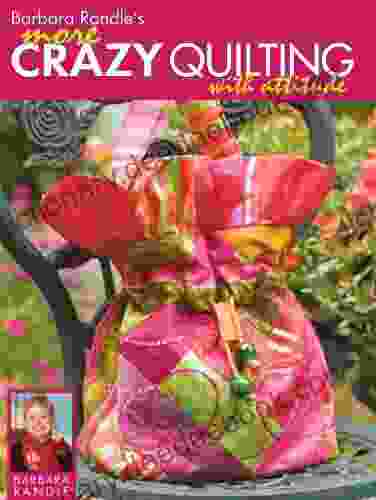
 Jerome Powell
Jerome PowellBarbara Randle: More Crazy Quilting With Attitude -...
A Trailblazing Pioneer in...

 Jan Mitchell
Jan MitchellLapax: A Dystopian Novel by Juan Villalba Explores the...
In the realm of dystopian literature, Juan...

 Rodney Parker
Rodney ParkerOur Mr. Wrenn: The Romantic Adventures of a Gentle Man
Our Mr. Wrenn is a 1937 novel...
4 out of 5
| Language | : | English |
| File size | : | 376 KB |
| Text-to-Speech | : | Enabled |
| Screen Reader | : | Supported |
| Enhanced typesetting | : | Enabled |
| Print length | : | 43 pages |
| Lending | : | Enabled |









